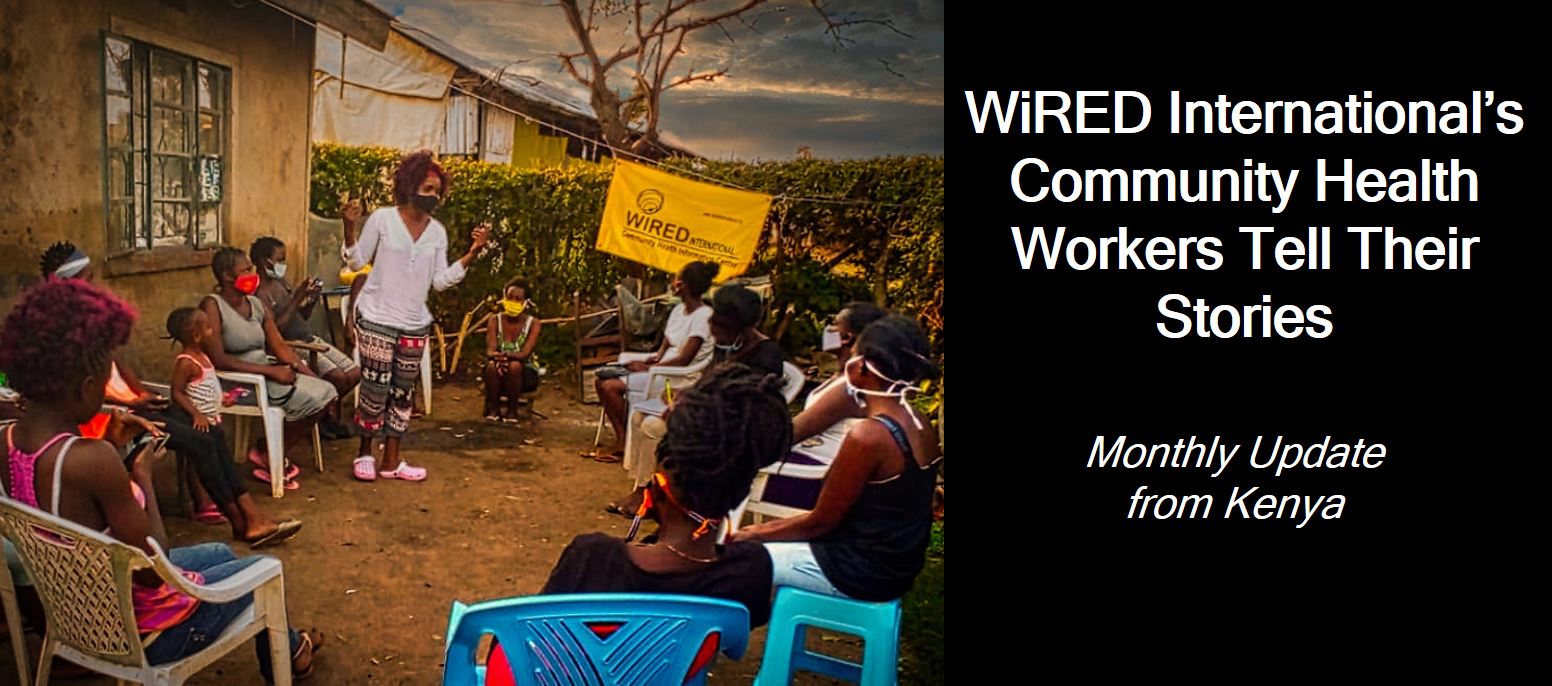By Allison Kozicharow; Edited by Elizabeth Fine
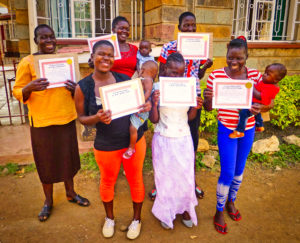 A team of WiRED International’s community health workers (CHWs) live and operate in Kisumu, Kenya, where they focus their work in the six informal settlements (slums). Thousands of people who live in these settlements face poverty, unemployment and food scarcity every day. Until the WiRED CHW team began its work during the COVID-19 pandemic, people in the settlements had few health resources — much less health advocates — to care for their health needs amid endemic and developing infectious and noncommunicable diseases.
A team of WiRED International’s community health workers (CHWs) live and operate in Kisumu, Kenya, where they focus their work in the six informal settlements (slums). Thousands of people who live in these settlements face poverty, unemployment and food scarcity every day. Until the WiRED CHW team began its work during the COVID-19 pandemic, people in the settlements had few health resources — much less health advocates — to care for their health needs amid endemic and developing infectious and noncommunicable diseases.
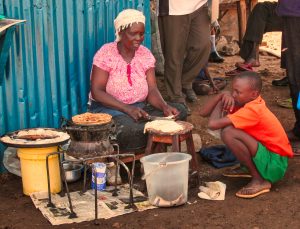 Statistics, while important, can never match the power and immediacy of personal stories. WiRED’s CHWs in Kisumu record the number of people reached in clinical and instructional settings and the health issues people in these communities face every month. It is the CHWs’ personal accounts, however, that bring their work to life and show their value to the community.
Statistics, while important, can never match the power and immediacy of personal stories. WiRED’s CHWs in Kisumu record the number of people reached in clinical and instructional settings and the health issues people in these communities face every month. It is the CHWs’ personal accounts, however, that bring their work to life and show their value to the community.
Community Health Worker Stories
This January, WiRED’s CHWs report their activities in their own words. What follows are some examples of the compelling stories they tell.
DEPRESSION
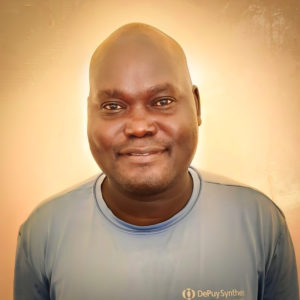
During my field work I came across a family headed by a mother of five children, who said she was going through a severe depression. She shared with me that her husband, whom she loved so much, lost his job due to hard economic times. When he couldn’t attend to his household needs anymore, he ran away and left her with the children. I advised her to visit a professional counselor, she agreed and I sent her to a professional I knew. I also encouraged her to start a small business to support her family. In my follow-ups I learned that she is doing well. The church gave her some money to start her business. Now she is selling boiled and roasted maize cobs and is managing to provide for her family, including paying school fees for the children.
—Daniel Ayieko, CHW
DIABETES
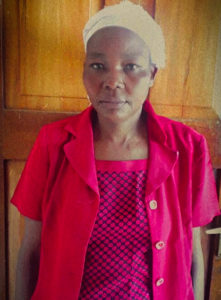
In my rounds in the community I met a man who said he feels weak, tired and dizzy most of the time and sweats a lot at night. I tested his blood sugar level using a glucometer. His level was high, so I referred him to a health center for more tests, where he was diagnosed with diabetes and put on drugs. He is now doing well and happy for the support he received. He appreciates and thanks the WiRED team for bringing the CHW project into the community.
—Milka Nyadiang’a, CHW
TUBERCULOSIS
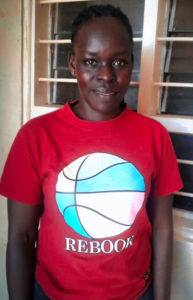
I educate my community members in classes on tuberculosis: its contraction, prevention and treatment. After I finished giving a lecture on TB, a young man came up to me and told me he sweats and coughs a lot and has lost weight drastically. I talked with him and referred him to the nearest health facility. I did a follow-up three days later and found that the man got screened for TB with a positive result and received drugs to help him recover.
—Millicent Randiki, CHW
FIRST AID

To prevent injuries and promote recovery I am using WiRED’s first aid module to educate people about the importance of giving first aid. I teach them various methods to quickly provide first aid when quick action is needed. I explain that a child’s recovery time from an injury can save them from a temporary disability becoming a permanent one. I want to thank WiRED for coming up with this kind of training and choosing the best trainers to train us.
—Pauline Adhiambo, CHW
GENDER-BASED VIOLENCE
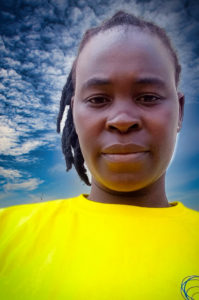 During a health talk I came across a woman who has always been mistreated/assaulted by her husband. She opened up to me that he beats her and locks her in the house so neighbors won’t see her until she has recovered. I urged her to report her husband’s behavior to any nearby authority since she might end up dead one day. After beating her until she can’t walk, the husband takes away her phone so that she cannot call anyone. Her story touched me and I took it personally, so I reported the man myself to a recognized authority. They have been checking on her on a daily basis, which has stopped the husband’s assaults.
During a health talk I came across a woman who has always been mistreated/assaulted by her husband. She opened up to me that he beats her and locks her in the house so neighbors won’t see her until she has recovered. I urged her to report her husband’s behavior to any nearby authority since she might end up dead one day. After beating her until she can’t walk, the husband takes away her phone so that she cannot call anyone. Her story touched me and I took it personally, so I reported the man myself to a recognized authority. They have been checking on her on a daily basis, which has stopped the husband’s assaults.
—Mary Atieno, CHW
CHW Statistics for January 2024
During the month of January, 21 CHWs in Kisumu, Kenya, reached a total of 10,032 people with health services. Working 24 hours per week, each of the CHWs met with at least 78 patients a week, and the largest number seen in a week by a single CHW was 201, most of them in health training classes.
In January the top health-related issues were, as follows, in order of prevalence:
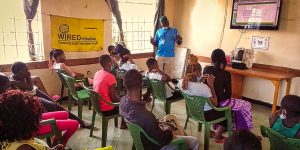 Menstrual health
Menstrual health- Sexually transmitted infections
- Cholera
- Hygiene
- HIV/AIDS
- Tuberculosis
- Hypertension
Menstrual health was the top issue that CHWs reported again this month in their communities. WiRED will soon post a story on a project conducted in Kisumu on menstruation, which teaches young women about how to care for their menstrual health.

